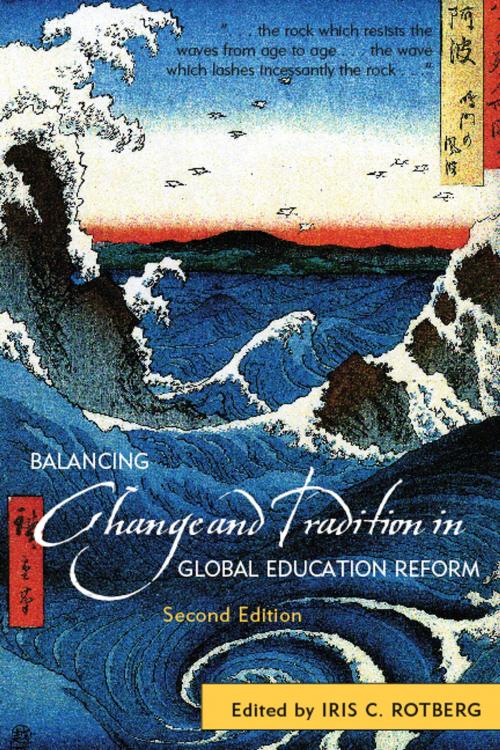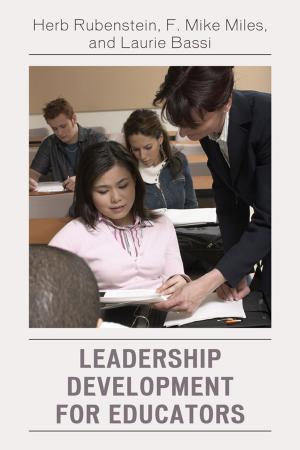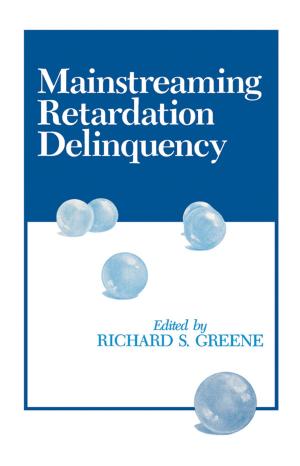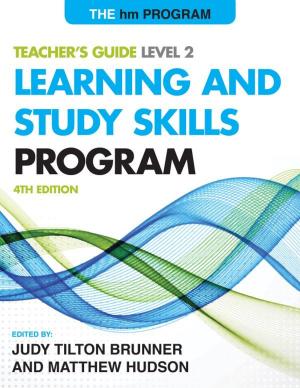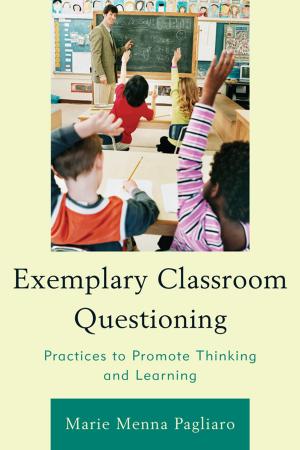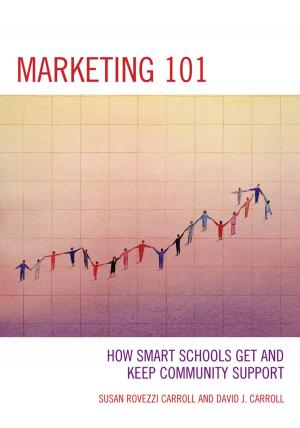Balancing Change and Tradition in Global Education Reform
Nonfiction, Reference & Language, Education & Teaching, Educational Theory, Educational Reform, Philosophy & Social Aspects| Author: | Gérard Bonnet, Mary Canning, Kai-ming Cheng, Terry J. Crooks, Luis Crouch, Ori Eyal, Eva Forsberg, Phyllis Ghim-Lian Chew, Ratna Ghosh, Martin Gustafsson, Batia P. Horsky, Dan Inbar, Barbara M. Kehm, Stephen T. Kerr, Allan Luke, Ulf P. Lundgren, Adam Nir, Peter Schrag, Hasan Simsek, Ryo Watanabe, Alison Wolf, Ali Yildirim, Robert W.McMeekin | ISBN: | 9781607095026 |
| Publisher: | R&L Education | Publication: | April 16, 2010 |
| Imprint: | R&L Education | Language: | English |
| Author: | Gérard Bonnet, Mary Canning, Kai-ming Cheng, Terry J. Crooks, Luis Crouch, Ori Eyal, Eva Forsberg, Phyllis Ghim-Lian Chew, Ratna Ghosh, Martin Gustafsson, Batia P. Horsky, Dan Inbar, Barbara M. Kehm, Stephen T. Kerr, Allan Luke, Ulf P. Lundgren, Adam Nir, Peter Schrag, Hasan Simsek, Ryo Watanabe, Alison Wolf, Ali Yildirim, Robert W.McMeekin |
| ISBN: | 9781607095026 |
| Publisher: | R&L Education |
| Publication: | April 16, 2010 |
| Imprint: | R&L Education |
| Language: | English |
In Balancing Change and Tradition in Global Education Reform, Rotberg brings together examples of current education reforms in sixteen countries, written by 'insiders'. This book goes beyond myths and stereotypes and describes the difficult trade-offs countries make as they attempt to implement reforms in the context of societal and global change. In some countries, reforms are a response to major political or economic shifts; in others, they are motivated by large upsurges in immigration and increased student diversity. Irrespective of the reasons for education reform, all countries face decisions about resource allocation, equality of educational opportunity across diverse populations, access to higher education, student testing and tracking, teacher accountability, school choice, and innovation. The essays in this volume reveal: _
In Balancing Change and Tradition in Global Education Reform, Rotberg brings together examples of current education reforms in sixteen countries, written by 'insiders'. This book goes beyond myths and stereotypes and describes the difficult trade-offs countries make as they attempt to implement reforms in the context of societal and global change. In some countries, reforms are a response to major political or economic shifts; in others, they are motivated by large upsurges in immigration and increased student diversity. Irrespective of the reasons for education reform, all countries face decisions about resource allocation, equality of educational opportunity across diverse populations, access to higher education, student testing and tracking, teacher accountability, school choice, and innovation. The essays in this volume reveal: _
